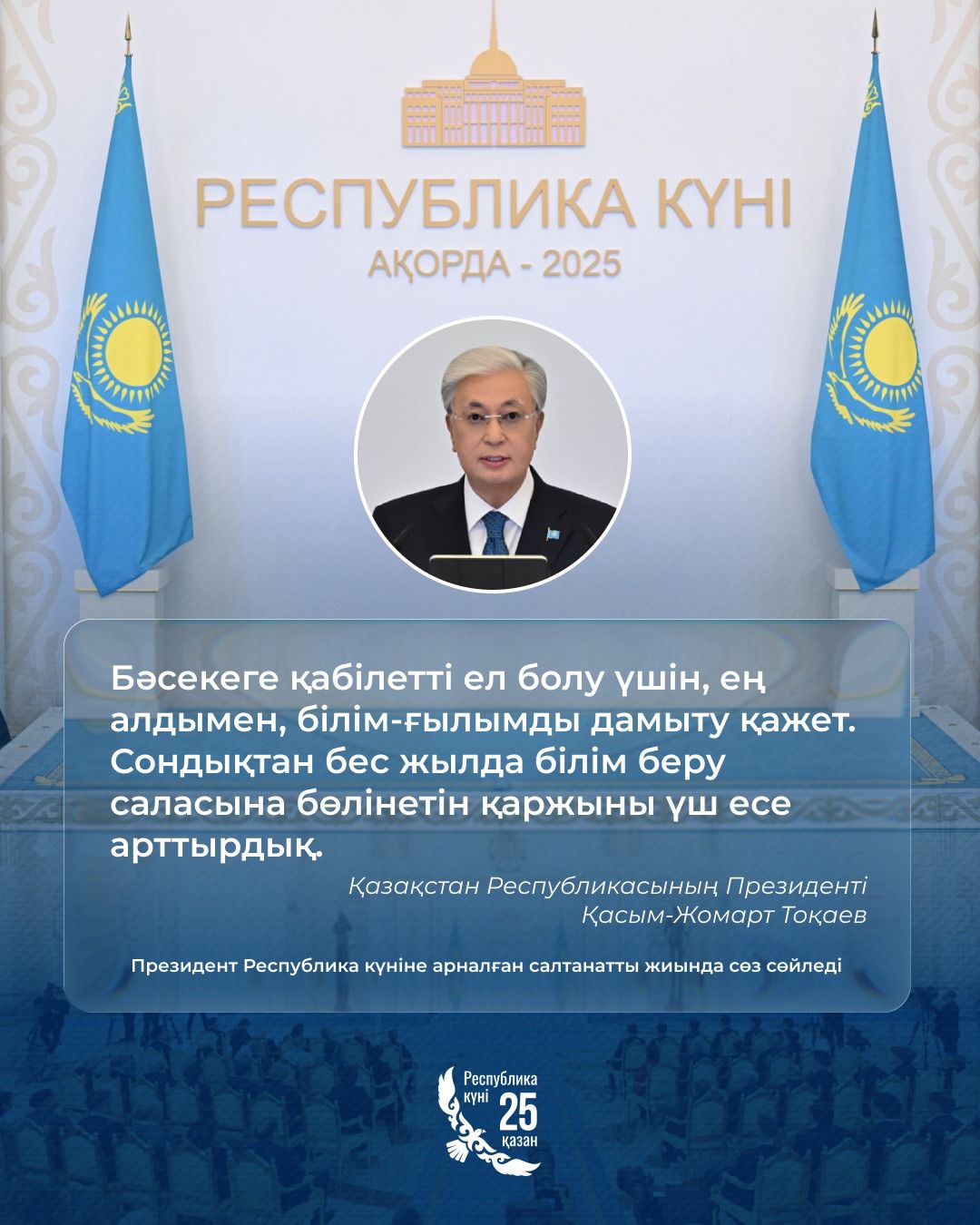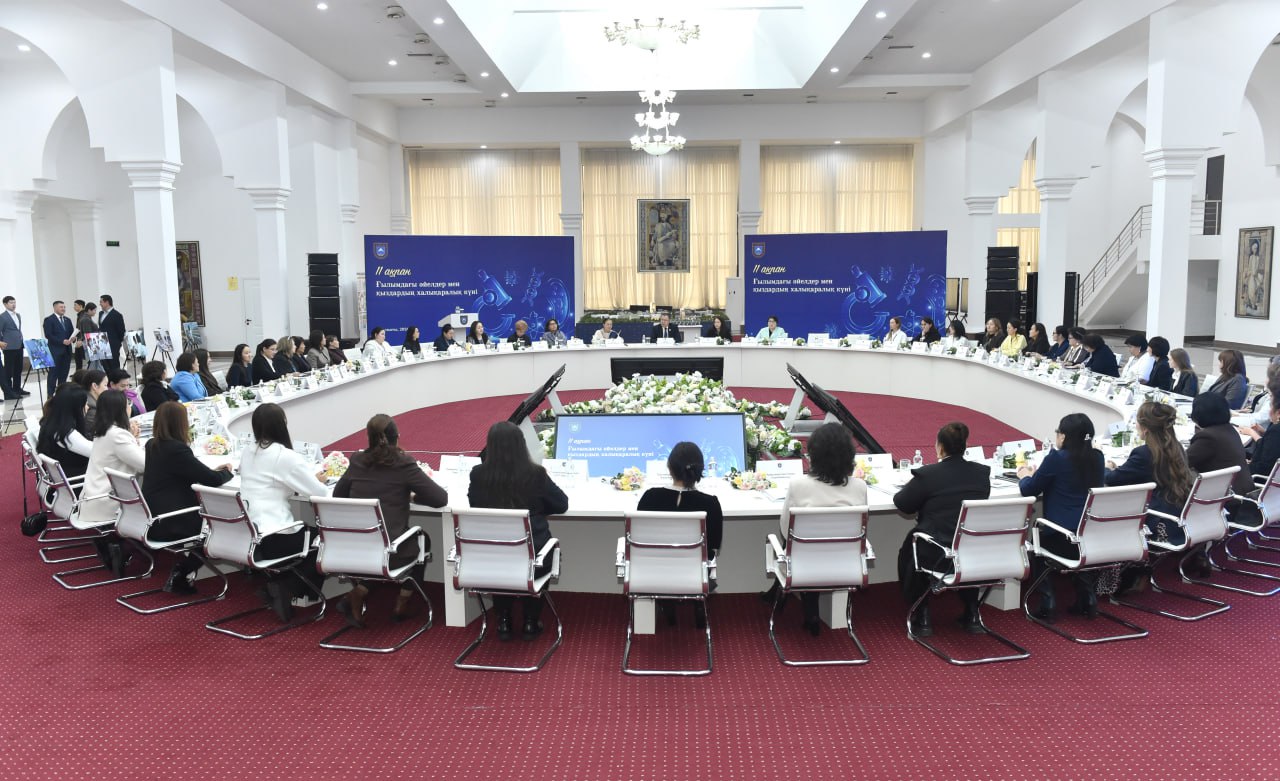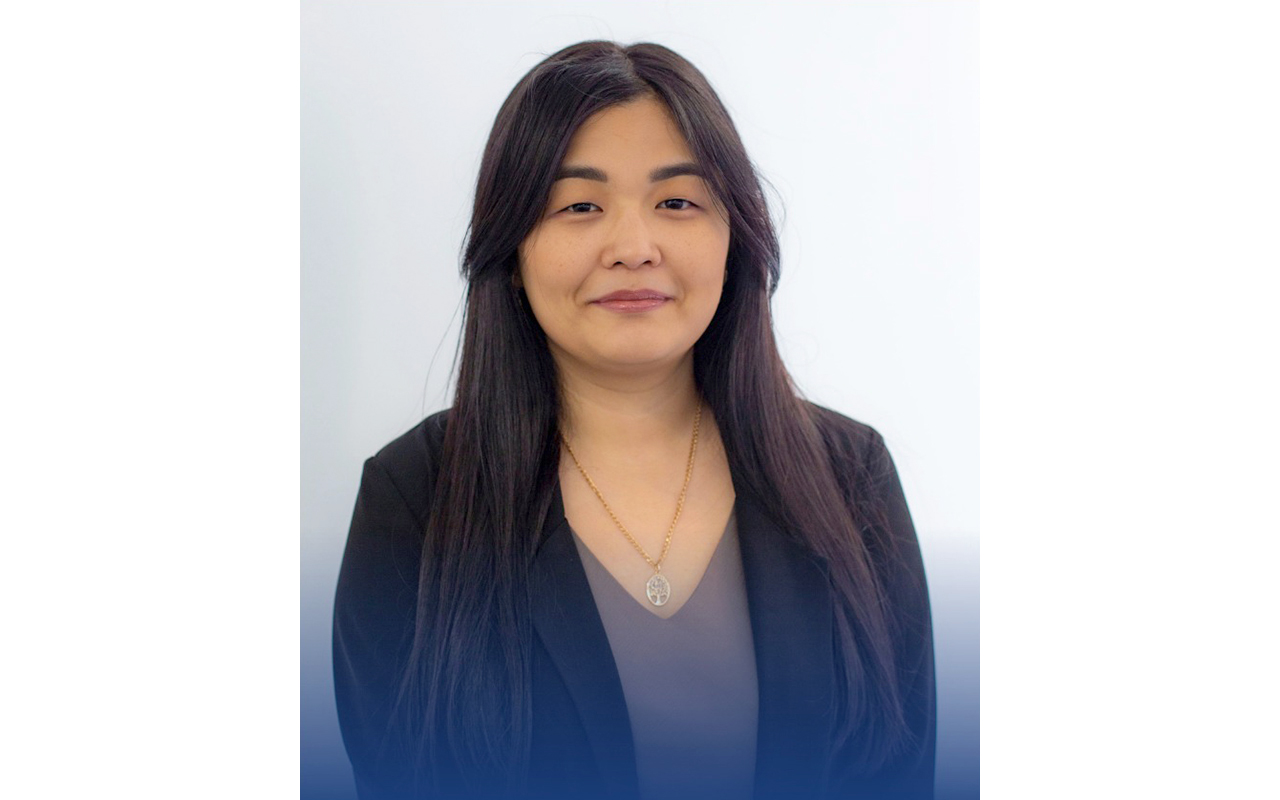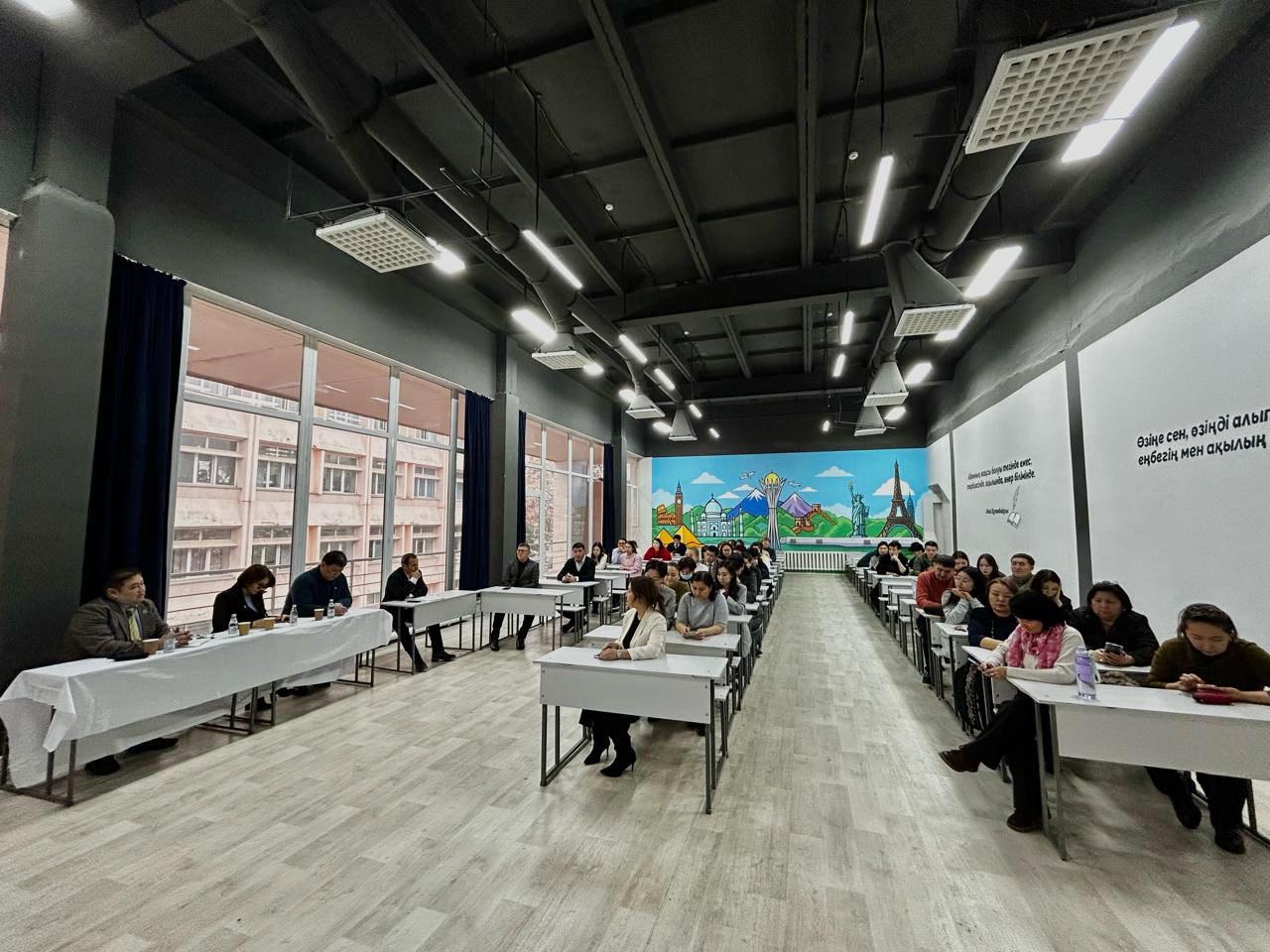- Main
- News
- Brief Commentary on the Content and Logic of Kassym-Jomart Tokayev’s Speech at the Strategic Partners Forum “Kazakhstan – The Territory of Academic Education”
Brief Commentary on the Content and Logic of Kassym-Jomart Tokayev’s Speech at the Strategic Partners Forum “Kazakhstan – The Territory of Academic Education”

Key Points
The Head of State emphasized that education and science are the main forces capable of transforming the world. He described universities as centers of advanced thinking and innovation.
He highlighted the increase in funding for higher education and science in Kazakhstan, the growth in the number of research universities, and the strengthening of institutional autonomy.
The inclusion of several Kazakhstani universities in international rankings was also noted as a positive achievement.
The forum itself was defined as a strategic platform aimed at continuing dialogue and cooperation with international academic partners.
Thus, the forum reaffirmed the goal of integrating Kazakhstan’s education and science sectors into the global context, fostering idea exchange, and enhancing university competitiveness.
Strengths and Positive Aspects
1. International orientation.
The forum demonstrates Kazakhstan’s intent to position its education system within a global context—an essential factor for competitiveness.
2. Concrete indicators and commitments.
Citing increased funding and international ranking achievements reflects institutional readiness for meaningful reforms.
3. Elevation of science and education status.
By defining education and science as strategic forces, the President underscored their symbolic and practical importance for long-term national development.
4. Momentum through partnership.
International cooperation and experience-sharing can stimulate new research projects and joint academic programs.
Critical Observations
1. Implementation effectiveness.
Declarations must translate into measurable results through efficient financial management and accountability.
2. Accessibility and equity.
Ensuring equal access to higher education for residents of remote areas and socially vulnerable groups remains an essential task.
3. Autonomy and accountability of universities.
Institutional independence must be balanced with financial and administrative responsibility.
4. Overreliance on rankings.
International rankings are valuable, but their criteria should not overshadow local priorities or the societal impact of education.
5. Transparency of support mechanisms.
Mechanisms to support young researchers and innovative projects must be clear, consistent, and effectively monitored.
Conclusion
President Kassym-Jomart Tokayev’s address reaffirmed education and science as strategic priorities in Kazakhstan’s development agenda. This is a crucial step toward strengthening the nation’s intellectual capacity.
However, sustained results will require systemic governance, transparency, effective monitoring, and the active involvement of both society and the academic community.
Author:
N.Z. Akhtayeva, Candidate of Biological Sciences, Professor,
Head of the Department of Botany and Agroecology,
al-Farabi Kazakh National University.
Other news


